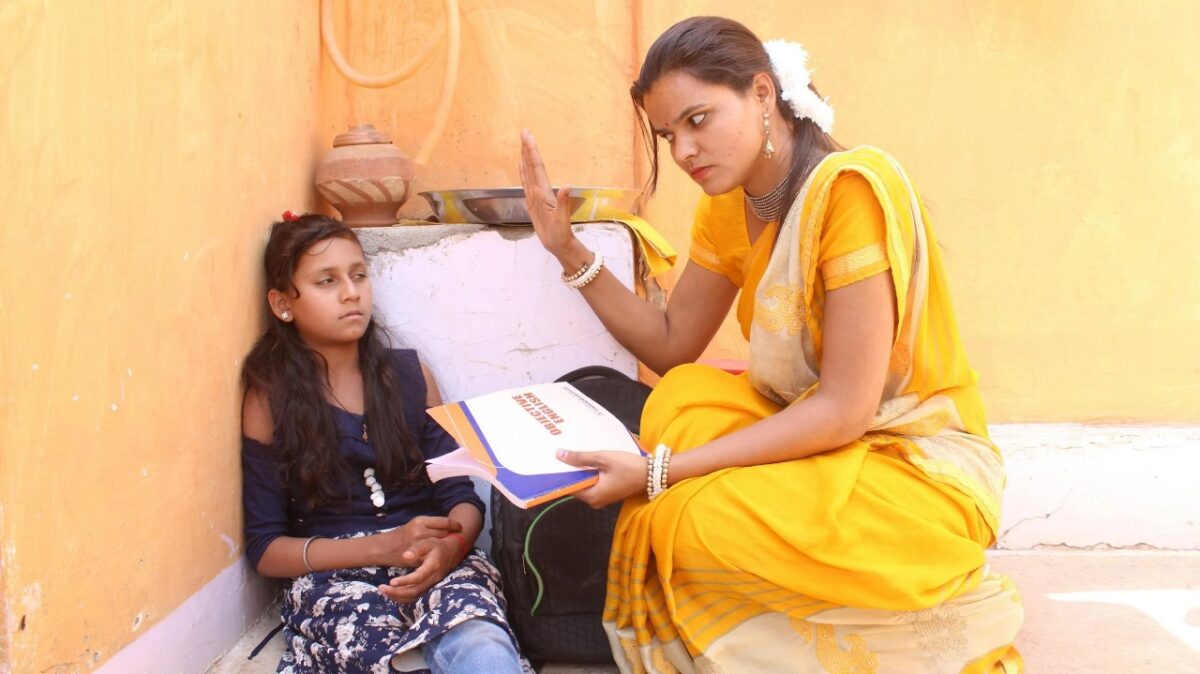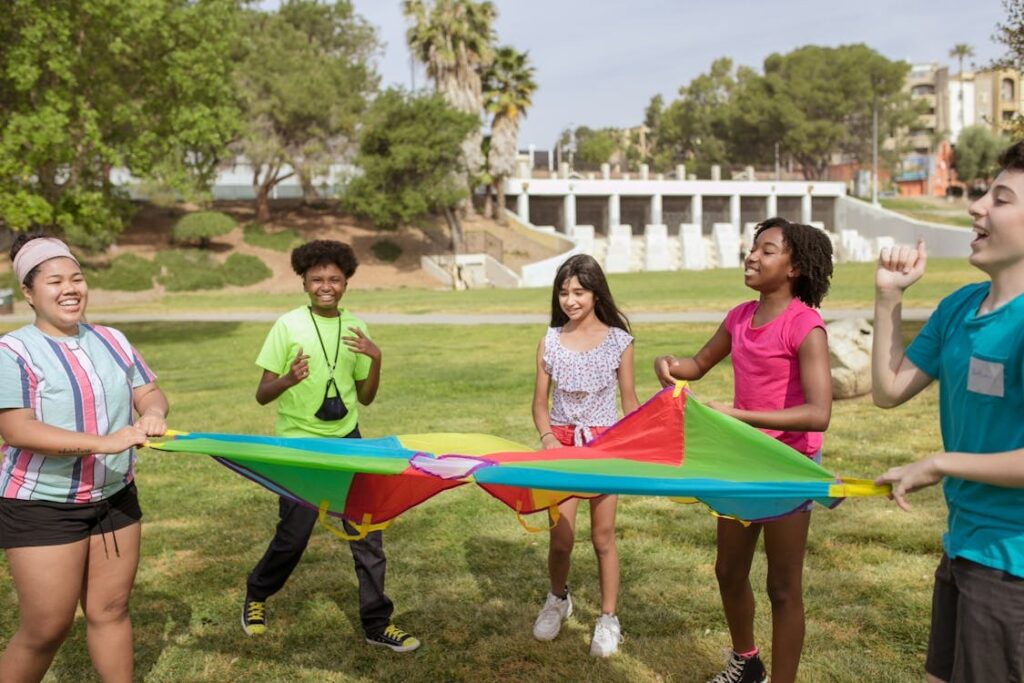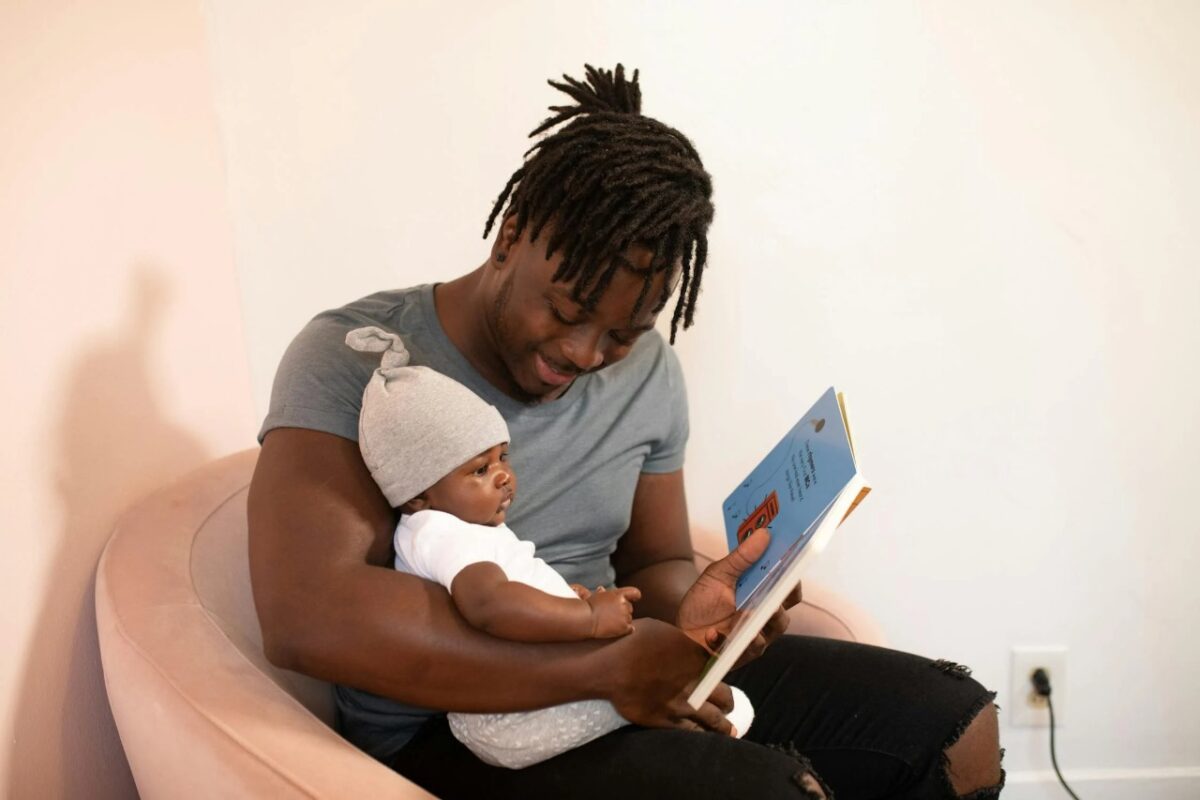Hey CEOs, listen up! If you’re not already crushing it at the top of your game, chances are your performance sucks. Harsh? Maybe. True? Absolutely. But don’t worry – you’re about to discover a revolutionary way to turn things around, courtesy of RAMS By Baz.
We’ve all heard the cliché advice: work harder, stay focused, be a better leader. Yawn. The truth is, traditional performance improvement strategies are outdated and ineffective. CEOs like you need a fresh, no-bullshit approach to smashing through barriers and achieving peak performance. That’s where I come in.
RAMS By Baz isn’t just another coaching program. It’s a high-octane, results-driven system designed to transform you from good to extraordinary. Stick with me, and I’ll show you how to ditch the fluff and embrace a bold new way of thinking that will skyrocket your performance overnight. Ready to shake things up? Let’s dive in.
The Myth of CEO Performance Improvement
Alright, let’s get real. There’s a ton of bullshit floating around about what it takes to be a top-performing CEO. You’ve probably heard it all: wake up at 4 AM, meditate for an hour, drink some fancy green juice, and bam! You’re magically transformed into a superhuman leader. If that were true, every yoga-loving, smoothie-drinking exec would be ruling the world right now. Spoiler alert: they’re not.
Myth #1: It’s All About Hard Work
Here’s the first myth we need to debunk – the idea that working harder is the golden ticket to success. Newsflash: If hard work alone guaranteed success, every factory worker would be a billionaire. CEOs are told to grind, hustle, and put in 80-hour weeks. But let’s face it – that’s a one-way ticket to burnout city. It’s not about the hours you put in; it’s about the results you get out. RAMS By Baz focuses on smart work, not hard work. We’re talking laser-focused, high-impact actions that move the needle.
Myth #2: Follow the Leader
Next up, the myth that you should emulate other successful CEOs. Sure, modeling success can be useful, but copying someone else’s playbook won’t make you a star. Every leader is different, and what works for Elon Musk or Jeff Bezos might be a disaster for you. RAMS By Baz is all about authenticity. We strip away the BS and help you discover your unique strengths. You’re not here to be the next Steve Jobs; you’re here to be the best version of YOU.
Myth #3: Mindset Is Everything
Now, don’t get me wrong – mindset is crucial. But the myth that a positive mindset alone will save your ass is just plain dangerous. You can chant affirmations until the cows come home, but if your systems and strategies suck, you’re doomed. RAMS By Baz combines mindset with mastery, attitude, and solid systems to create a powerhouse formula. It’s not just about thinking like a winner; it’s about acting like one.
Myth #4: The Silver Bullet
Ah, the seductive lure of the quick fix. There’s no shortage of gurus peddling miracle solutions – a magic pill, a secret formula, the one thing you’ve been missing. Here’s the controversial truth: there is no silver bullet. Sustainable success comes from consistent effort, strategic planning, and relentless execution. RAMS By Baz gives you the tools, but you’ve got to put in the work. No shortcuts here, just real, transformative change.
Myth #5: Performance Reviews Are King
Finally, let’s tackle the sacred cow of performance reviews. Annual reviews, 360-degree feedback, blah blah blah. These might give you a snapshot of past performance, but they do jack shit for future growth. Traditional reviews are like looking in the rearview mirror when you should be focused on the road ahead. RAMS By Baz focuses on continuous improvement, real-time feedback, and dynamic growth strategies. It’s about evolving every damn day, not just once a year.
“The best way to predict the future is to create it.” – Peter Drucker
The Controversial Side of CEO Performance Improvement
Alright, let’s cut through the crap. The world of CEO performance improvement is full of sacred cows, and it’s high time we tipped them over. Get ready for some brutal truths, because what I’m about to say might ruffle a few feathers.
Conventional Wisdom Is Killing Your Potential
First up, let’s tackle the sacred texts of corporate wisdom. You’ve been told to follow best practices, stick to the tried-and-true methods, and play it safe. But here’s the kicker: conventional wisdom is a surefire way to mediocrity. Playing it safe means you’re not taking risks, not innovating, and certainly not leading. RAMS By Baz isn’t about fitting into the mold – it’s about breaking it. We challenge you to question everything and redefine what success looks like on your terms.
Most Executive Coaches Are Full of Shit
Yeah, I said it. The executive coaching industry is rife with charlatans selling snake oil. These so-called experts recycle the same tired advice and charge a fortune for it. They give you cookie-cutter solutions that don’t address the unique challenges you face. At RAMS By Baz, we don’t do one-size-fits-all. Our approach is bespoke, tailored to your specific needs, and backed by real-world experience. We’re not here to hold your hand; we’re here to kick your ass into gear.
Self-Help Books Won’t Save You
Look, I love a good book as much as the next guy, but if you think reading the latest bestseller is going to transform your leadership overnight, you’re deluding yourself. Self-help books can offer insights, sure, but they’re not a substitute for action. It’s easy to get lost in the theory and forget to implement. RAMS By Baz is all about execution. We give you the tools and strategies you need, but it’s up to you to use them. No amount of reading will replace the hard work and dedication required to become a high-performing CEO.
Traditional Leadership Training Is Outdated
Let’s face it, most leadership training programs are stuck in the past. They teach you how to manage, not how to lead. They focus on compliance, not innovation. They prepare you for a world that no longer exists. In today’s fast-paced, ever-changing business landscape, you need to be agile, visionary, and unapologetically bold. RAMS By Baz is at the cutting edge of leadership development. We equip you with the skills to navigate the complexities of modern business and emerge as a true leader.
Performance Reviews Are a Waste of Time
Here’s a controversial take: annual performance reviews are a colossal waste of time. They’re backward-looking, demotivating, and often biased. They create a culture of fear and compliance, not growth and innovation. Instead of waiting for feedback once a year, you need continuous, real-time insights to stay ahead of the curve. RAMS By Baz ditches the outdated performance review model and focuses on continuous improvement. We help you build a feedback-rich environment where you can thrive and grow every day.
The Brutal Truth About Your Comfort Zone
Finally, let’s talk about your comfort zone. It’s your worst enemy. Staying within your comfort zone might feel safe, but it’s stunting your growth. Real leaders embrace discomfort. They take risks, make bold decisions, and aren’t afraid to fail. RAMS By Baz pushes you to step out of your comfort zone and into the realm of extraordinary achievement. It’s not easy, but it’s worth it. The greatest breakthroughs come from the greatest challenges.
“Innovation distinguishes between a leader and a follower.” – Steve Jobs
Actionable Steps for the Reader
Alright, CEOs, it’s time to roll up your sleeves and get to work. Here are seven actionable steps that will transform your performance and set you on the path to greatness. No fluff, just results.
1. Define Your North Star
First things first, you need a clear vision. Where are you headed, and why? Your North Star is your guiding principle – the ultimate goal that drives everything you do. Take some time to reflect and define it. Don’t just think in terms of profit; consider your impact, legacy, and the difference you want to make. RAMS By Baz starts with a crystal-clear vision because without it, you’re just drifting.
2. Focus on High-Impact Activities
Stop wasting time on trivial tasks. As a CEO, your time is your most valuable asset. Identify the activities that have the highest impact on your business and focus on those. Delegate or eliminate the rest. Use the RAMS framework to prioritize Results-driven actions. It’s not about being busy; it’s about being effective.
3. Cultivate a Growth Mindset
Adopt the mindset of continuous improvement. Embrace challenges, learn from failures, and never settle for mediocrity. This isn’t just about positive thinking – it’s about being relentless in your pursuit of excellence. Surround yourself with people who push you to grow and hold you accountable. RAMS By Baz emphasizes a Growth Mindset because stagnation is the enemy of progress.
4. Build Resilient Systems
Your success depends on the systems you have in place. These aren’t just processes; they’re the backbone of your operation. Streamline your workflows, automate where possible, and ensure your systems can scale with your business. RAMS By Baz focuses on building Systems that are robust and adaptable, so you can handle whatever comes your way.
5. Invest in Mastery
Never stop learning. Invest in your personal and professional development. Whether it’s through courses, workshops, or one-on-one coaching, keep sharpening your skills. Mastery isn’t a destination; it’s a journey. At RAMS By Baz, we push for continuous skill enhancement because being at the top of your game means always seeking the next level.
6. Foster a Winning Attitude
Your attitude sets the tone for your entire organization. Be the beacon of positivity, resilience, and determination. Your team looks to you for inspiration and direction. Foster a culture that values excellence and celebrates achievements. RAMS By Baz instills a Winning Attitude because a motivated leader inspires a motivated team.
7. Seek Real-Time Feedback
Forget annual reviews. You need real-time feedback to stay agile and responsive. Create a culture of open communication where feedback flows freely. Use tools and techniques to gather insights continuously and adjust your strategies accordingly. RAMS By Baz focuses on continuous improvement and real-time feedback because staying ahead of the curve means always knowing where you stand.
“Success is not final, failure is not fatal: It is the courage to continue that counts.” – Winston Churchill
Conclusion
We’ve busted the myths, exposed the controversial truths, and laid out actionable steps to supercharge your performance as a CEO. It’s time to stop settling for mediocrity and start striving for greatness. Remember, the journey to extraordinary leadership isn’t about working harder – it’s about working smarter, cultivating the right mindset, building resilient systems, and continuously improving.
You have the potential to be an exceptional leader, but it requires a bold, no-nonsense approach. The RAMS By Baz system is here to guide you every step of the way, transforming you into the powerhouse CEO you’re meant to be.
Take Action Now – The Adventure Awaits!
Are you ready to break free from the ordinary and step into the extraordinary? It’s time to take the first step on your journey to peak performance. Don’t wait for change to happen – make it happen. Join me for a personalized business consultation where we’ll dive deep into your unique challenges and unlock your true potential. This is your Adventure Call.
Click here to schedule your consultation now and embark on the transformative journey with RAMS By Baz. Let’s turn your vision into reality and create the legacy you’ve always dreamed of.
-66a3d292554ed-1200x675.jpg)

-66a0292099909-1200x675.jpg)


-6696969946eff-1200x675.jpg)



-66953d70d66a6-1200x675.jpg)







